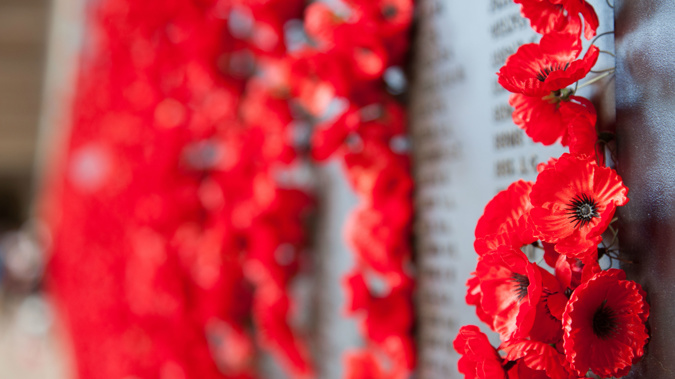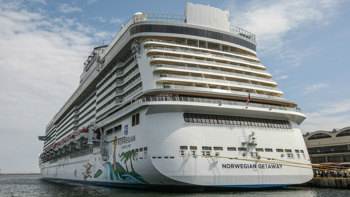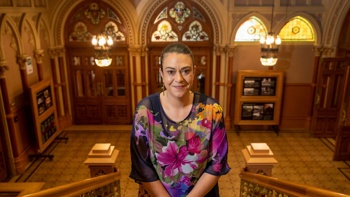
We've all heard it before, the Kiwi troops sent off to the battlefields of Europe more than a hundred years ago and again in the 1940s, to protect the freedoms that we all enjoy today. They went off to fight for King and country, we're told.
In fact they did nothing of the sort, the vast majority of them enlisted because their mates did. They did it out of a sense of adventure, it was their OE. None of them expected to be gunned down in the slush and stench of battlefields on the other side of the world.
Anzac Day commemorates a ghastly chapter of our history, when our unsuspecting troops, under the orders of the British, landed in what became a bloodbath at Anzac Cove on the windswept Gallipoli Peninsula. We were invading Turkey and they were fighting back.
Our young men never knew what had struck them. By war's end a hundred years ago in November, more than 100,000 young Kiwis out of a population of just over a million, saw service overseas. Almost 3000 of them, from that fruitless battle itself, never came back.
My grandfather Hugh Mackay was one of the lucky ones to make it through, despite suffering from trench foot, where feet go mushy from prolonged periods in water, and being wounded.
He was with the Otago Mounted Rifles and before leaving Egypt for Gallipoli he was selected in a 50-strong bodyguard group for the expedition leader General Ian Hamilton from Britain. It's not surprising that Hugh didn't discuss the war much on his return because he saw the horror unfold in front of him.
He was onboard the new battleship Queen Elizabeth and witnessed the landings at Anzac Cove and then the horrific slaughter during the British and French landings further south at the toe of the peninsula at Cape Helles, where almost 20,000 British empire soldiers, more than 9000 French and the 248 Australians died on April 25, 1915.
My grandfather stood on deck watching the slaughter before finally going ashore to join the occupiers. He never again respected the English but always held the Turks, his enemy, in high regard. How on earth he managed to come back to his farm in Southland, marry and father six children, and act like a normal citizen is beyond me.
And it's hardly surprising that he wept when his oldest son signed up with his mates to head off to serve in World War II.
Yesterday we commemorated the First World War's most disastrous battle and for those of us who've been on the Gallipoli Peninsula and can in some way identify with it, we'll never forget.
Take your Radio, Podcasts and Music with you









